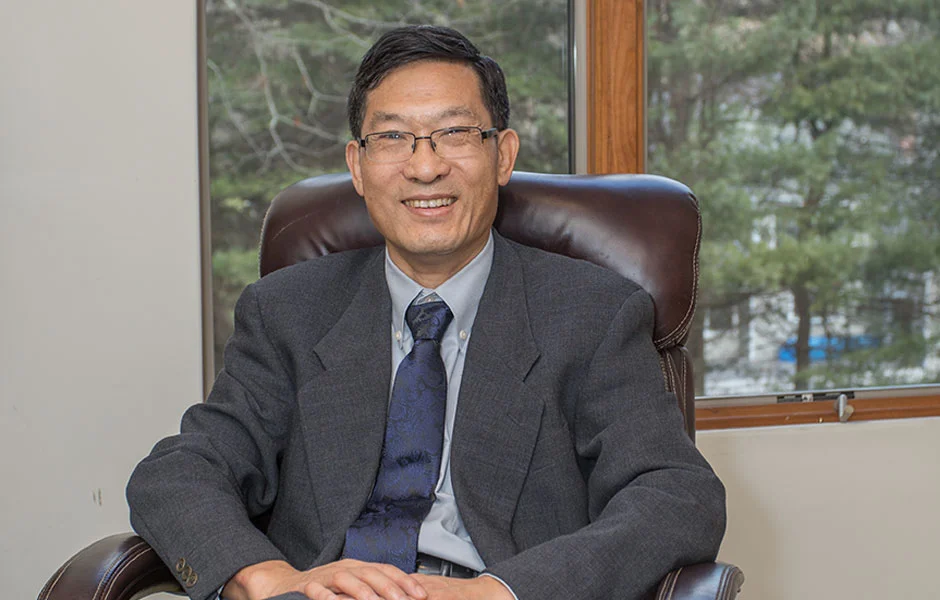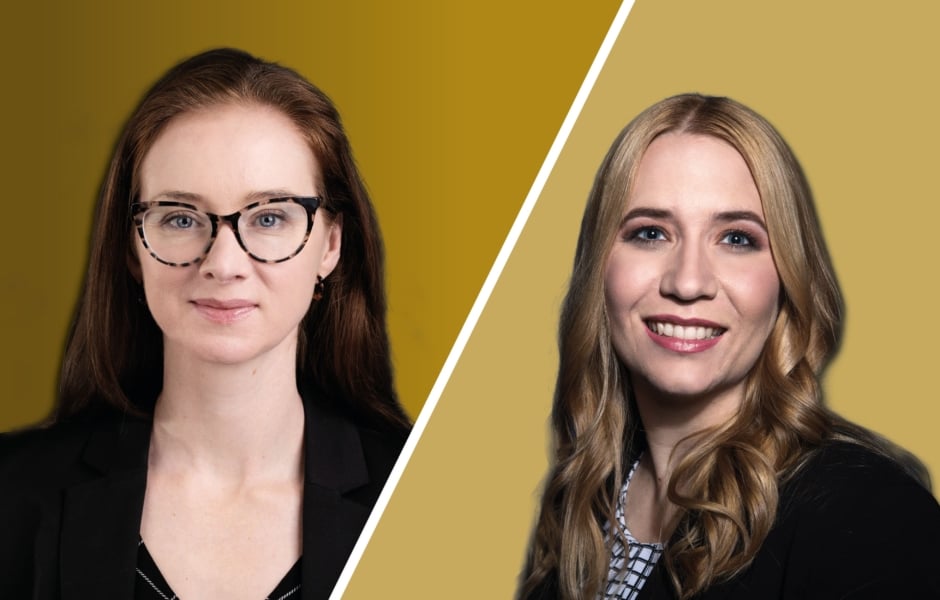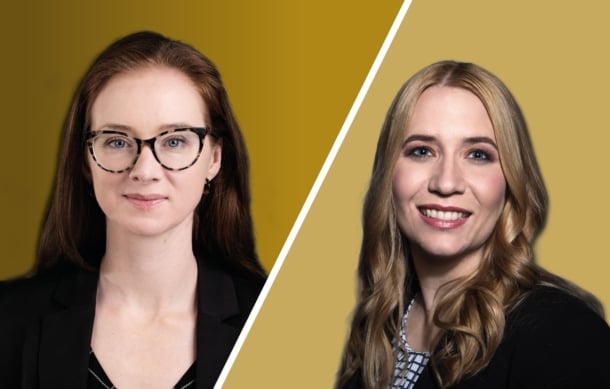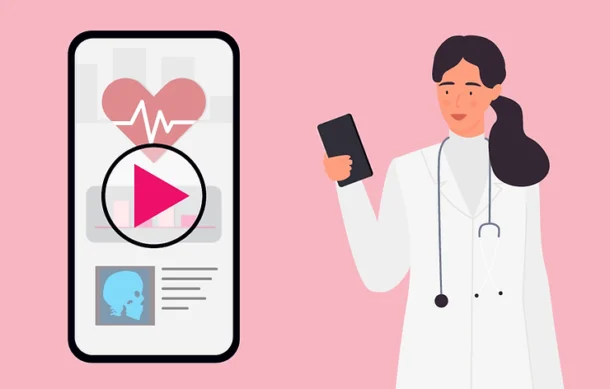In GOLD’s new ‘5 minutes with’ series, the team speaks to life sciences’ leaders operating in some of the most fascinating corners of pharma to discover what it is like to work in a pioneering firm in this space today
Interview by Isabel O’Brien
Gen Li, President, Phesi, a clinical data science company that harnesses AI-driven solutions to help life sciences companies accelerate drug development and commercialisation, shares his thoughts on the future of clinical trials, his personal approach to leadership and the very different path he may have taken had he never joined the pharmaceutical industry.
What led you to join the pharmaceutical industry?
It’s a pretty simple story: I always liked the practical side of life, and my father was a high school chemistry teacher, so it’s no surprise that I decided to study chemistry at Beijing University. I would have probably gone to business school much earlier, but at that time, there were no business schools in China. So, instead, I went all the way to get my PhD.
Then I went to the US and an opportunity opened for me to attend the business school at Cornell, and I got my MBA. So, with a combination of a PhD in chemistry and an MBA in finance, there were not many other options better than the pharmaceutical industry.
Tell us about your company Phesi
We are a patient-centric, clinical data science company. When we work with clients, we follow two pathways. On one path, we use patient profiles to guide protocol design. Then on the other path, we help clients operationalise, which means we identify the best countries and regions and investigator sites to run a clinical trial. We also look at what combinations of parameters could help the client achieve the shortest enrollment cycle time for their trial and reach more patients.
Moreover, we can construct a digital twin to the efficacy outcome and the safety outcome of a trial’s placebo arm and comparative arm. Eliminating the need for the placebo patient or comparator arm is a trophy we are aiming for – we’re not quite there yet, but we have no doubt we’ll get there. To put it simply, Phesi aims for smarter trials and faster cures.
What is an average day like as President and Founder of Phesi?
A usual day is around 16 hours. In a working day, I have a lot of meetings and little time to do actual work, but I do enjoy it – I enjoy interacting with other people. Still, I enjoy my alone time too, so on the weekend I get things done without any incoming phone calls to disturb me. And, whenever possible, I carve out an hour for myself to go hiking. That’s an important part of maintaining my sanity. And I do this in all four seasons, it doesn’t matter if it’s summer or snowing, I go out still.
What is a key challenge you have faced as a company?
The key challenge is that not enough people know about us. We have absolutely no doubt that we have a powerful tool; the capabilities are future-proof because everything we are looking at is dynamic – not only solving the problems we have today but those in the future. So, when there is a war, we will be able to understand what that war will look like. For example, we are currently trying to understand what COVID-19 may have done to our industry. One anecdotal thing I can share is that the attrition rate in Phase 2 clinical trials increased from 20% pre-COVID-19 to 28% in 2022.
All in all, we have the technology to add value and support the clinical development industry in overcoming key challenges but getting this message out there and collaborating to quickly provide support during times of disruption is a hurdle we are still working to overcome.
How would you describe your leadership style and how has this evolved over time?
The company has existed for 15 years, and it had a pretty humble beginning. Its initial purpose was mainly feeding my family, then things started to grow, and the company is now over 30 people – everything is no longer in one pair of hands. So, as time has gone by, I’ve had to learn to delegate and empower others. Some leaders believe that instead of spending hours coaching someone to get a piece of work done, it’s easier to spend 30 minutes doing it yourself. But that’s not sustainable; you have to allow other people to carry out the work.
Moreover, being a leader is not necessarily always glamorous. You need to set an example; you need to do more than others and you need to take more risks. These qualities did not suddenly come to me, I have accumulated them over time. I have learned how to fail and have success, and all these lessons have made me who I am today.
If you weren’t working in pharma, where would you be?
I might be a farmer! I might be running a small farm and I would be very hands on. This is to do with where I grew up as I’m from the agricultural countryside in China. My father needed to grow vegetables for the family, and I was always his assistant. Even now, you’ll see I have quite a few plants in my office and I enjoy it. So, yes, I might just be a farmer.






